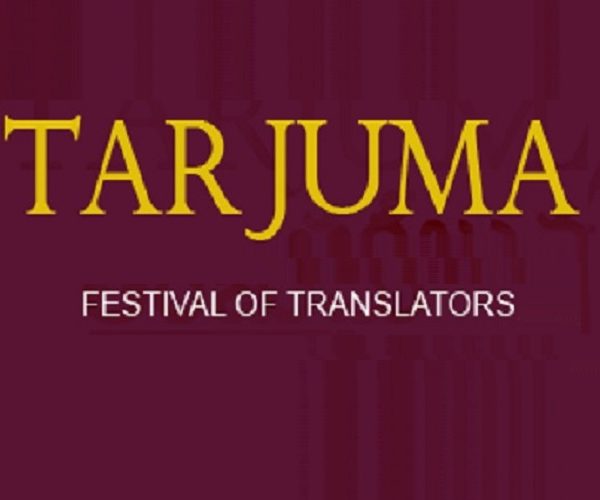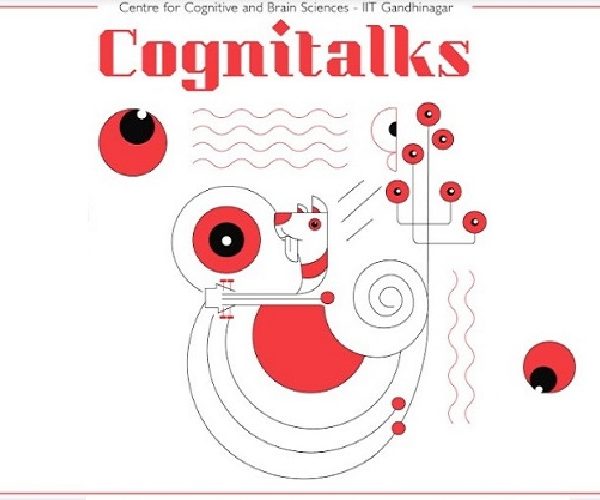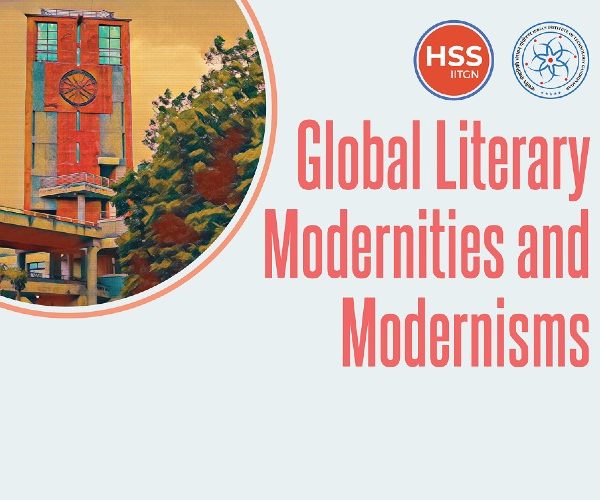Time
Description
This two day festival brings together eminent translators of South Asian literature who work on a broad range of Indian languages and genres. The translation story of India has yet to be told, and due tribute needs to be paid to the thousands of diligent translators who have linked the languages of South Asia to each other, and disseminated the rich literature of India to a global readership. Unsung and unknown, translators of India have brought Sharad Chandra Chatterjee from Bengali to Gujarati, taken Gandhi from Gujarati to Malayalam, and carried Kalidasa from Sanskrit to English. Tarjuma celebrates the art of translation by foregrounding translators and their craft. Our goal is to fully document this unique coming together of translators, publishers, poets, and scholars with a hope to bring attention to the far-reaching, yet often unseen art of translation.
Translation in India thrives in unexpected ways– it both consolidates as well as ruptures linguistic equilibria. By providing a forum for translators to share their fertile art of translation with fellow translators and academics, Tarjuma will facilitate the unearthing of this process. Tarjuma is intended to spark serious, scholarly, and artistic conversations, and to encourage translators and publishers to ‘look back’ and ‘look into’ their involvement and implication in (re)producing meaning for target cultures. The uneven nature of recognition mentioned before provides an insight into why certain source languages in India continue to be perceived as culturally rich, while others get reduced in popular imagination to mere functionality. On the other hand, to what extent does the choice of a source author, his or her time period, caste, class, and gender contribute to the production and reception of a translated text?



